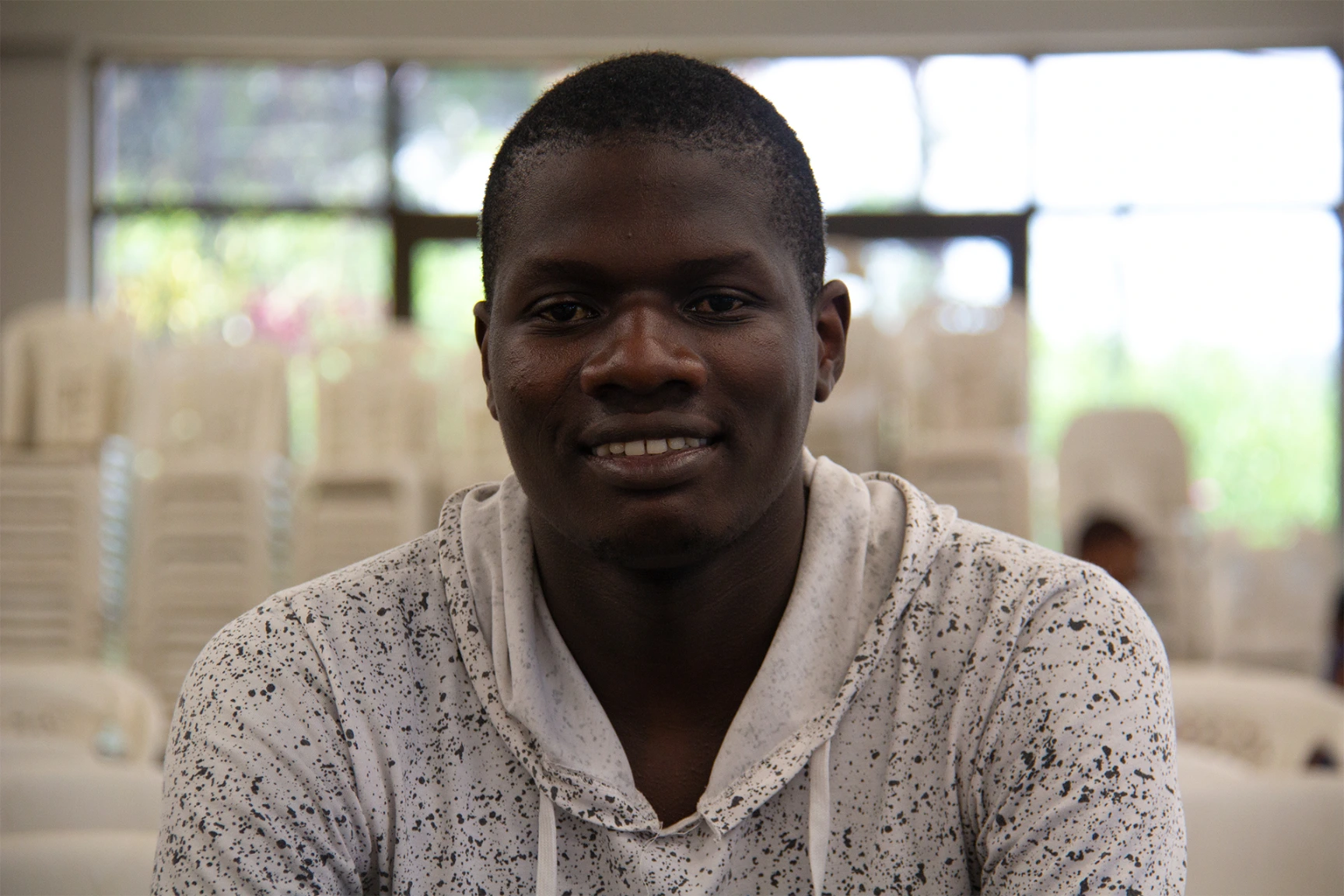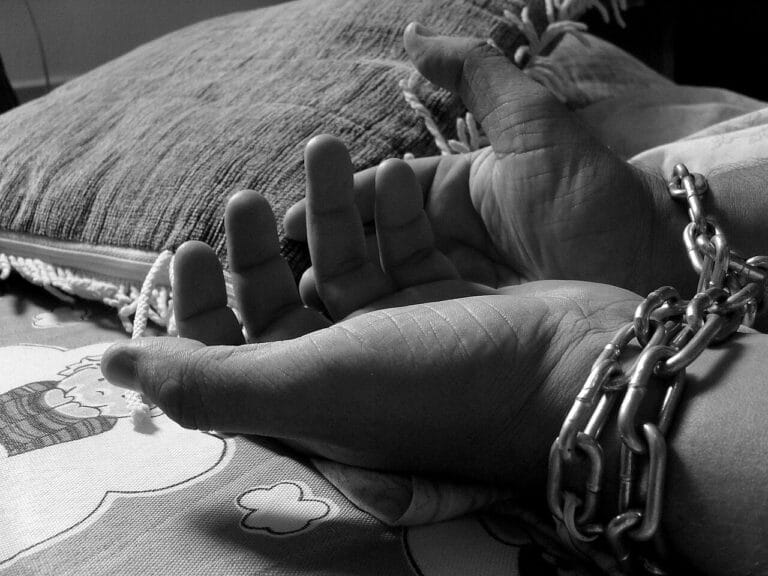Building on the insights shared in our last post, where we unpacked the reasons why we get hurt by the church, today we’ll dive into the different types of church hurts and discuss ways to overcome them. From emotional and spiritual wounds to physical and financial traumas, it’s important to recognize that, while painful, these experiences don’t have to define our faith journey. Healing is possible, and you don’t have to walk this path alone.

Types of Church Hurts with Examples
Emotional Hurts
Emotional wounds are often subtle but can have a lasting impact on a person’s mental health. For example, I shared previously about being exposed for stealing in front of the congregation. The shame and anxiety of that public exposure in a Pentecostal church, especially during prophecy time, created a lasting fear of judgment. These hurts often stem from feelings of exclusion, rejection, or betrayal within the community, leaving one feeling isolated and misunderstood.
Physical Hurts
Physical hurts in a church setting can range from accidents to more intense conflicts. I’ve witnessed situations where arguments in church escalated into physical altercations. Additionally, churches can sometimes unintentionally expose people to harm, as in the biblical example of Eutychus, who fell from a window and died while Paul was preaching (Acts 20:9). These incidents, while accidental, underscore the need for a safe environment and respectful interactions.
Spiritual Hurts
Spiritual hurts can deeply shake one’s faith. For example, people often feel exposed if their private struggles are shared publicly by church leadership. A person criticized for not praying long enough or speaking in tongues may feel unworthy, and this can create a crisis of faith. Spiritual hurt arises when religious expectations or beliefs are wielded to judge or shame, leading some to question their belonging within the community.
Sexual Hurts
Sexual hurt is a heartbreaking reality for some, taking forms from inappropriate comments to severe incidents like sexual abuse. Survivors often feel violated by someone they trusted and may experience lasting emotional trauma. Seeking therapy from services like BetterHelp or connecting with survivor support organizations like RAINN can provide confidential support, a safe space to share experiences, and tools for healing.
Financial Hurts
Financial hurts stem from perceived mismanagement or a lack of transparency. For instance, constant fundraising without clear financial accountability can lead people to feel exploited. This betrayal can shake trust, creating a sense of disillusionment with church leadership. Let’s face the truth, some pastors and leaders have and still use the money for their financial needs. This is the main reason why people do not want to give tithe and offerings in church.
Steps to Overcome Church Hurts
Acknowledge the Hurt
“Risk is real. The Christian life is a painful life. Not joyless. But not painless either.” – John Piper
The first step in overcoming church hurts is to acknowledge that they exist and that they are real. This can be difficult, especially if the hurt is subtle or hard to articulate, but it is an essential first step. Yes, you have been hurt, let that sink in and then decide the way forward – finding help and finding healing.
Psalm 147:3 “He heals the brokenhearted and binds up their wounds.”
Seek Support
Building a support network is essential. Talking with friends, family, or a therapist can offer perspective and comfort. BetterHelp provides access to licensed Christian therapists who can guide you through processing church-related traumas. Do not suffer in silence.
“Now we who are strong ought to bear the weaknesses of those without strength and not just please ourselves.” – Romans 15:1
Practice Self-Care
“You find peace not by rearranging the circumstances of your life, but by realizing who you are at the deepest level.” – Eckhart Tolle
Self-care is critical during healing. This may involve physical activities like exercise or emotional outlets like journaling or engaging in hobbies that bring joy. Christian author Lisa TerKeurst’s book Forgiving What You Can’t Forget discusses healing strategies through a biblical perspective, helping you navigate pain and self-care.
Set Boundaries
Setting boundaries protects your emotional well-being. Boundaries might include stepping back from certain church activities or limiting interactions with individuals who’ve hurt you. Christian resources like Boundaries by Dr. Henry Cloud and Dr. John Townsend offer guidance on establishing boundaries in ways that align with biblical values.
“Don’t compromise even if it hurts to be yourself.” – Toby Keith
Forgiveness
Forgiving does not mean forgetting but allows you to release resentment. Holding onto anger can trap you in a cycle of pain, while forgiveness opens a pathway toward peace and freedom.
“But if ye forgive not men their trespasses, neither will your Father forgive your trespasses.” – Matthew 6:15
Take it to God
While this is supposed to be the first step you take, sometimes it is the last thing you do, that’s why we left it for last. Turning to God through prayer can bring peace and clarity. Even when we struggle to find words, God understands our pain and invites us to bring our burdens to Him. Psalm 42:11 reminds us, “Why, my soul, are you downcast? Why so disturbed within me? Put your hope in God.” Conversations with God, even in moments of weakness, can lead us toward peace and restoration.
Conclusion
Church hurts are undeniably painful, but they don’t have to define your faith journey. By acknowledging your experiences, seeking support, practicing self-care, and embracing forgiveness, you can move forward with renewed strength and faith. Remember, God desires healing for each of us, and no matter what you’ve endured, restoration is within reach. Healing may take time, but with support, self-care, and divine guidance, the journey forward is possible.

John Thole is the voice behind Beyond Salvation, a blog that captures the highs and lows of life through faith, laughter, and honest reflection. With a passion for storytelling, technology, and spiritual growth, he creates content that resonates with seekers, believers, and anyone navigating life’s journey. Whether sharing personal insights, devotionals, or thought-provoking discussions, John aims to inspire, uplift, and spark meaningful conversations.


